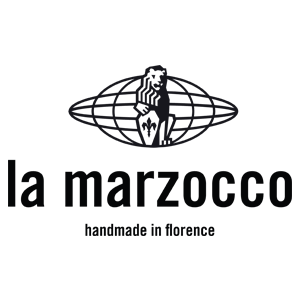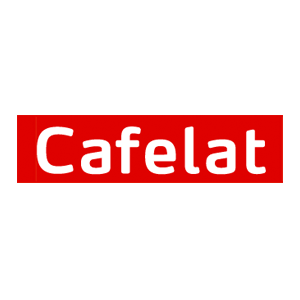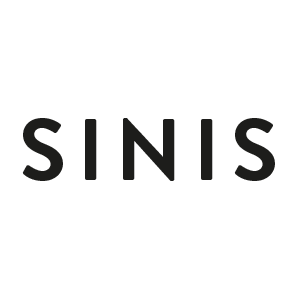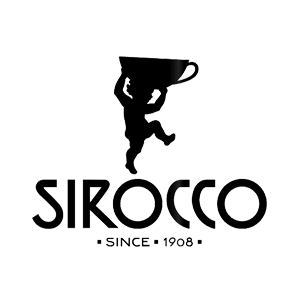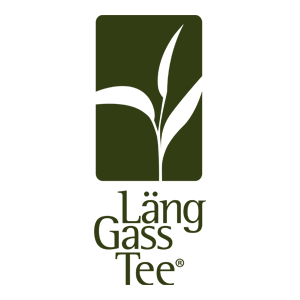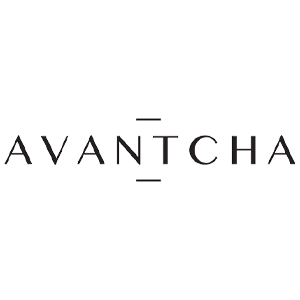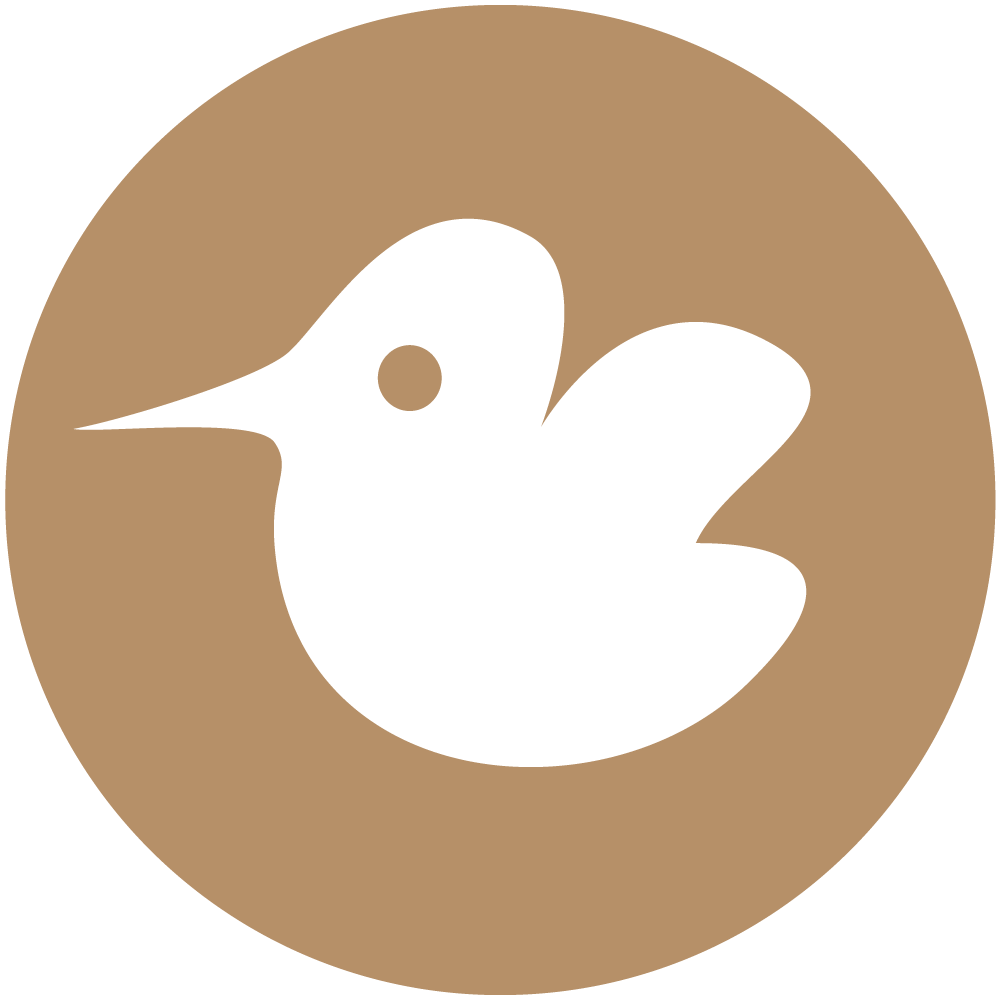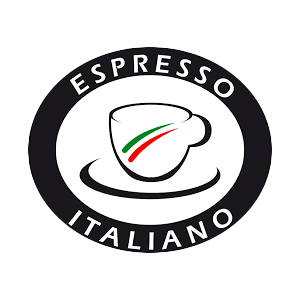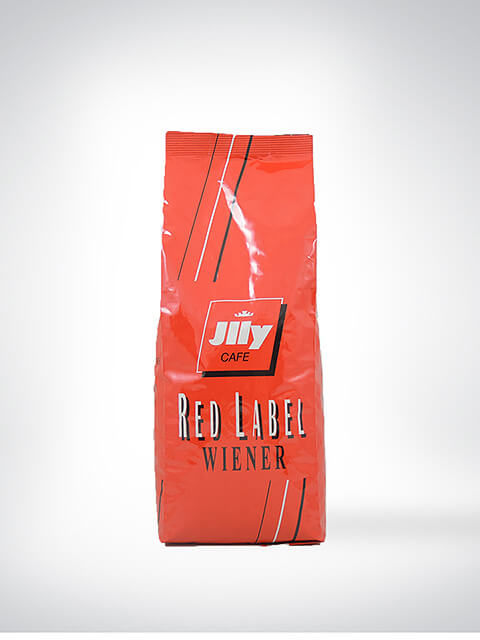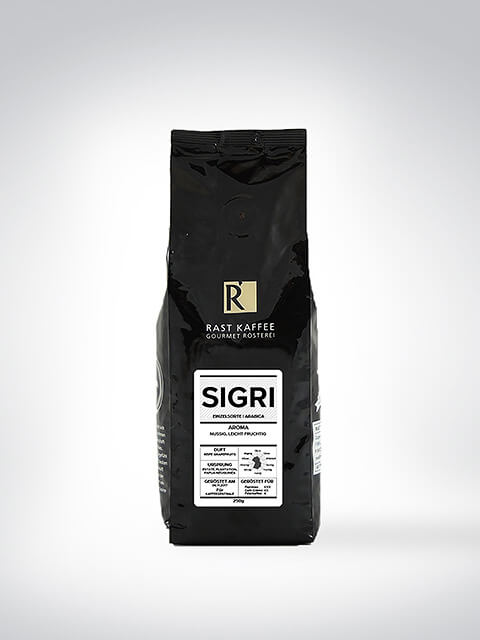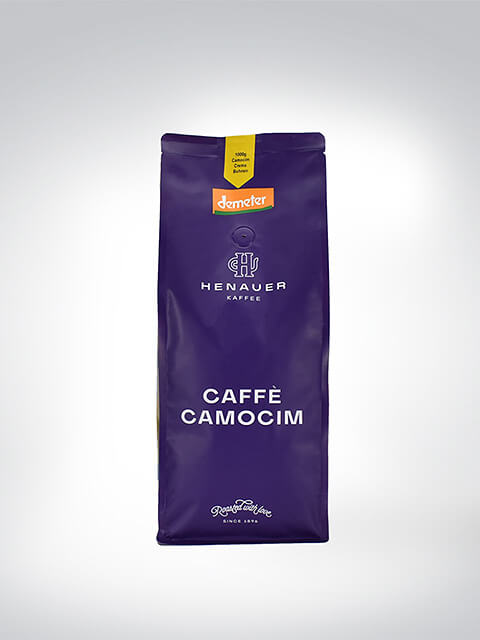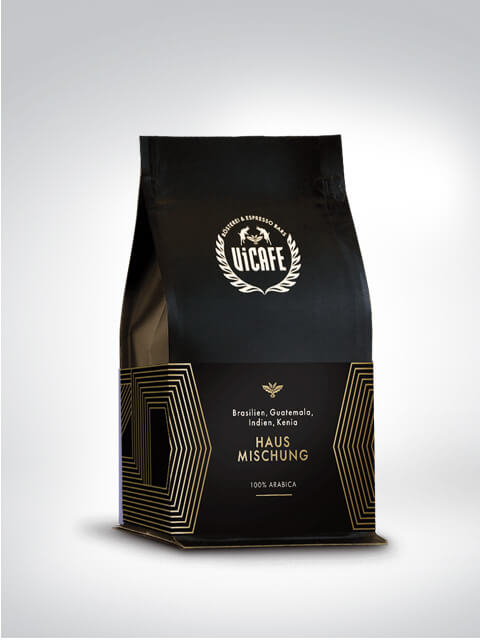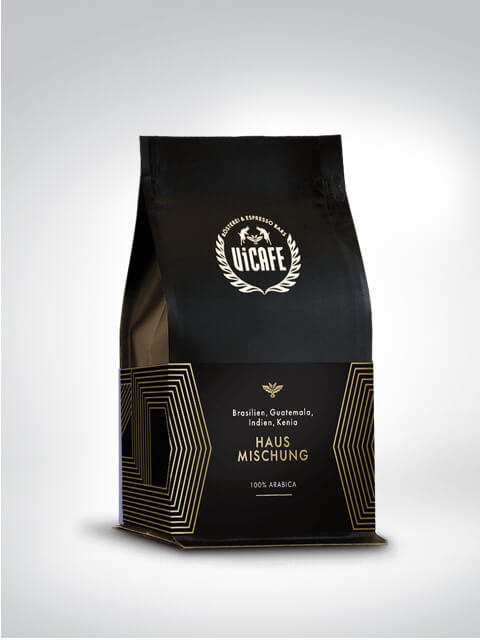Jolly Caffè TSR
In addition to the top-quality Jolly Crema, it is definitely worth taking a look at the Jolly TSR blend with 70% Arabica and 30% Robusta beans. The same select Arabica varieties are used as in Jolly Crema. Robustas from Indonesia and Brazil are also added to the roasting drum. But wait, that could be misunderstood. Of course, each type of bean is roasted individually and only mixed afterwards. This is the only way to really optimise the roasting process.
The Robusta content ensures a particularly full-bodied, rich taste with great consistency. The full aroma still shows the light nutty taste even in the long finish. And the creaminess of this roast is really exceptional - you really have to see the TSR flowing out of the machine. Jolly TSR is particularly well suited for use in fully automatic coffee machines. Espresso, cappuccino, café crème, latte macchiato - everything turns out great with Jolly TSR. On classic portafilter machines, you get a somewhat stronger 'Espresso Italiano', which of course also likes to team up with foamed milk from time to time.
Body
Caffeine
Crema
Outlet
1 year
500 g beans
Espresso italiano
dark roast
Jolly
Aroma proof bag
Handpicked selection Discover our handpicked coffee variety and matching accessories for an all-round perfect coffee experience.
Your satisfaction is important to us Your security is our first priority. Enjoy worry-free shopping on our website with encrypted payments and trusted transactions. Your satisfaction is our top priority.
Payment convenient and reliable With us you have the choice! Pay conveniently by invoice, credit card, Twint or Paypal - safely and reliably.
Your privacy is important to us We place great importance on the protection of your data and privacy. With us, you can rest assured that your personal information will be treated securely and confidentially.
 Fresh roasted coffee
Fresh roasted coffee
 Free shipping from CHF 120.00
Free shipping from CHF 120.00





























